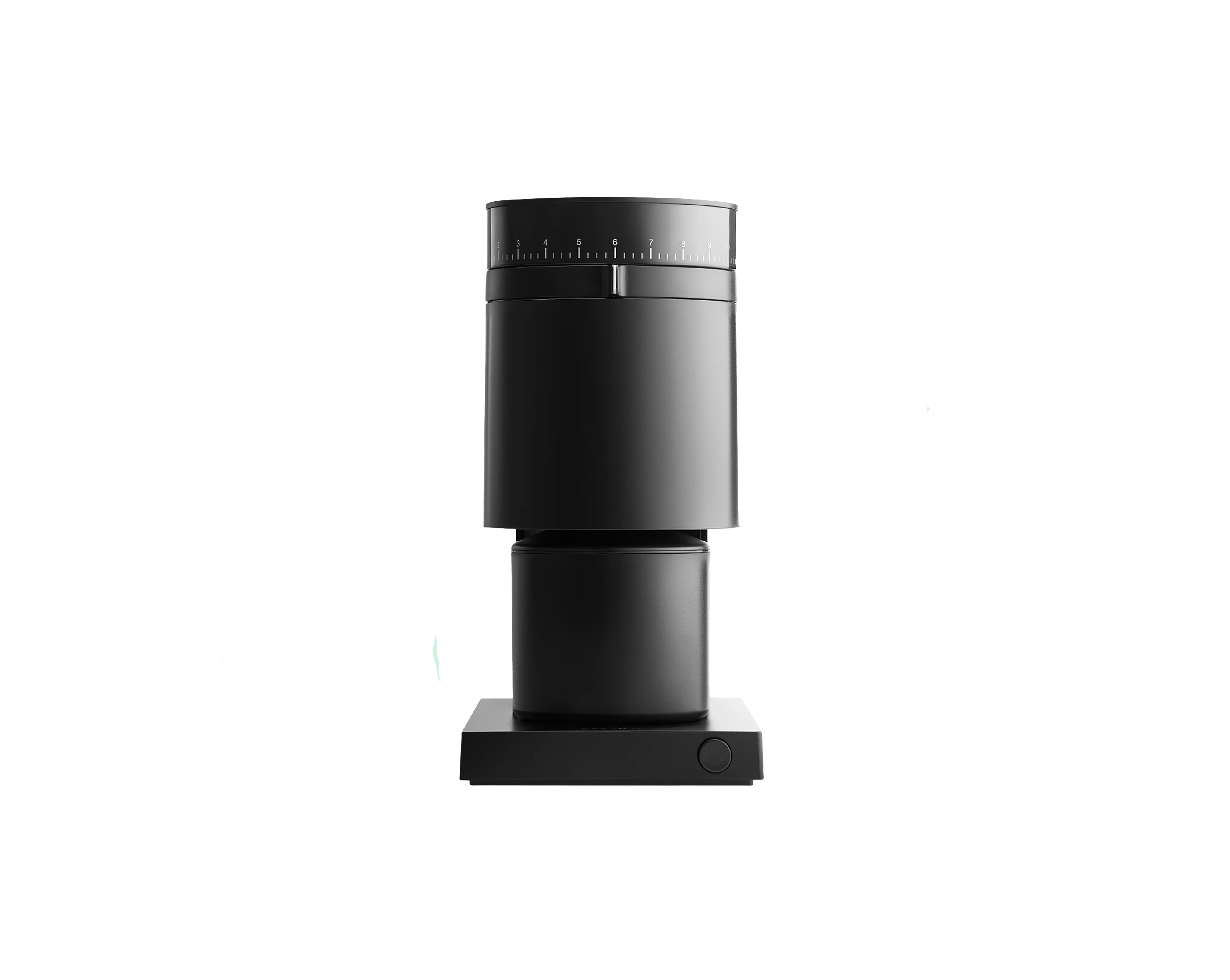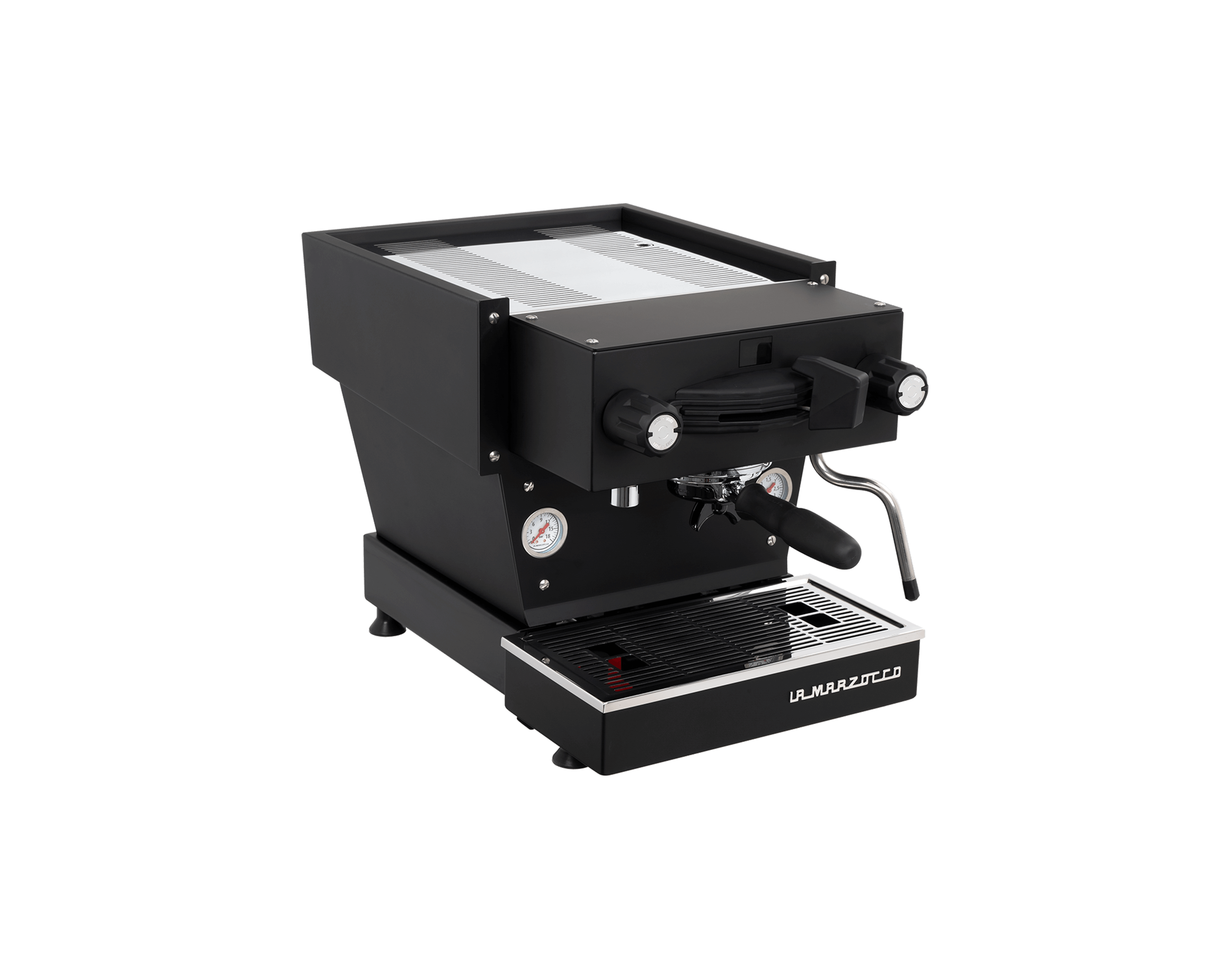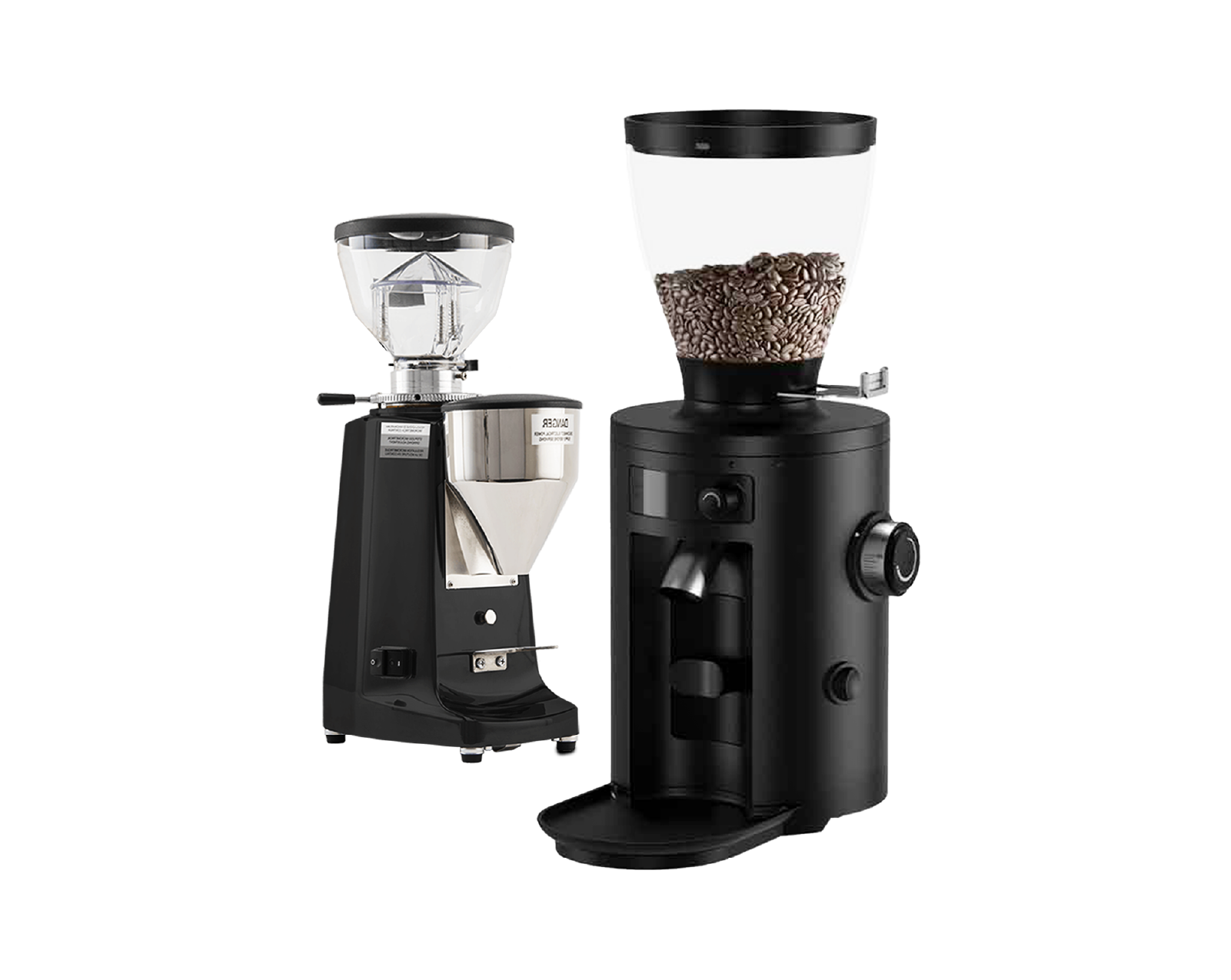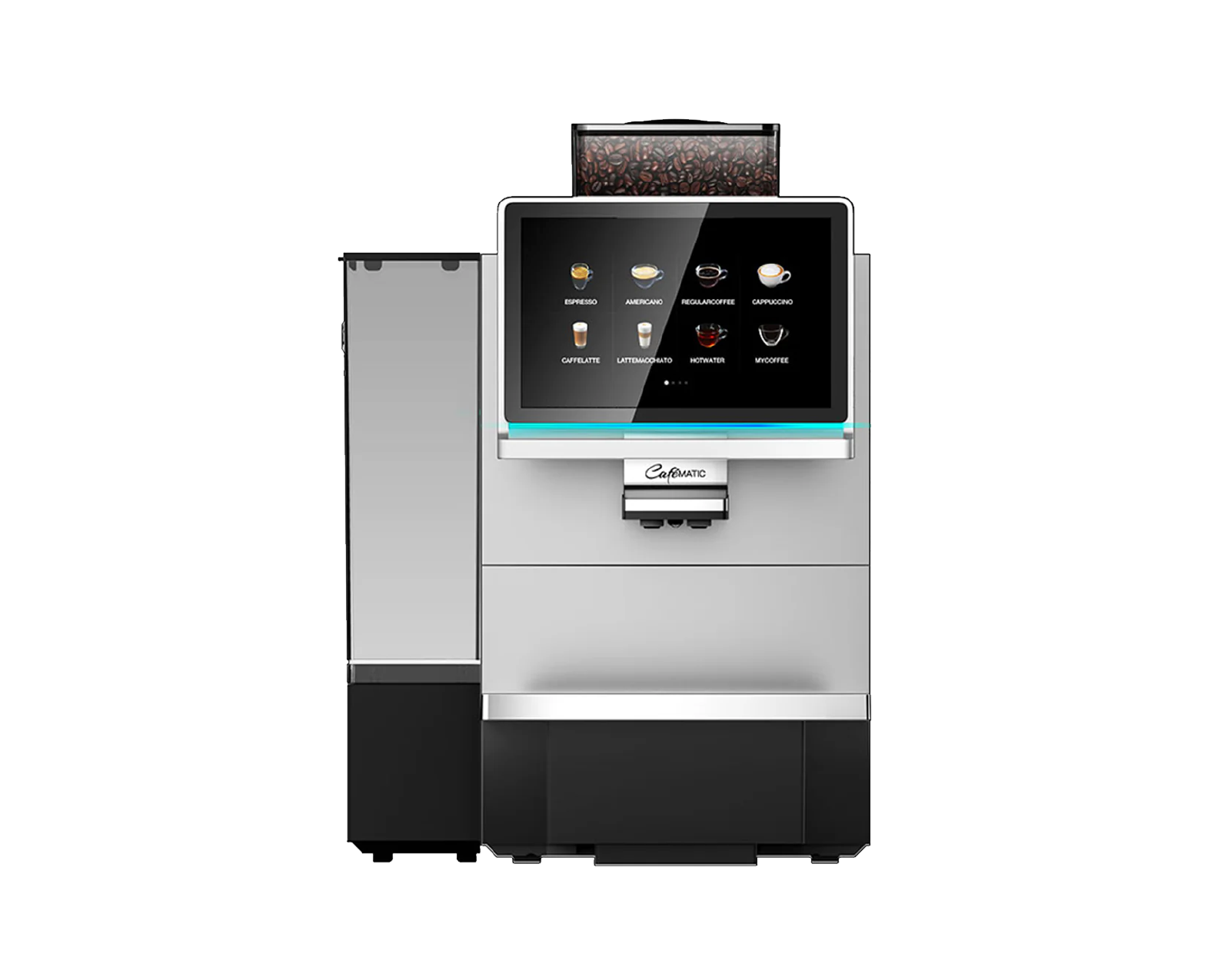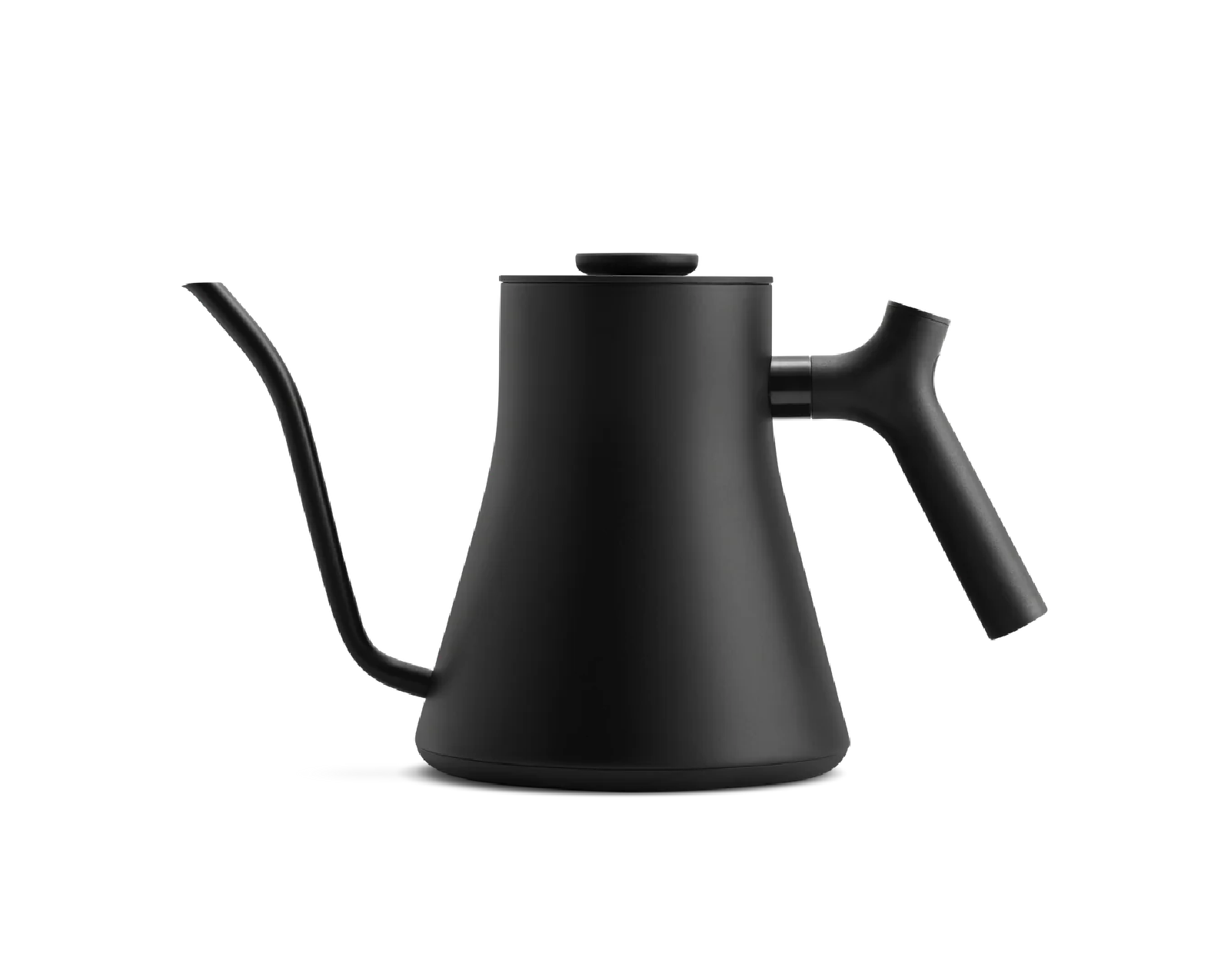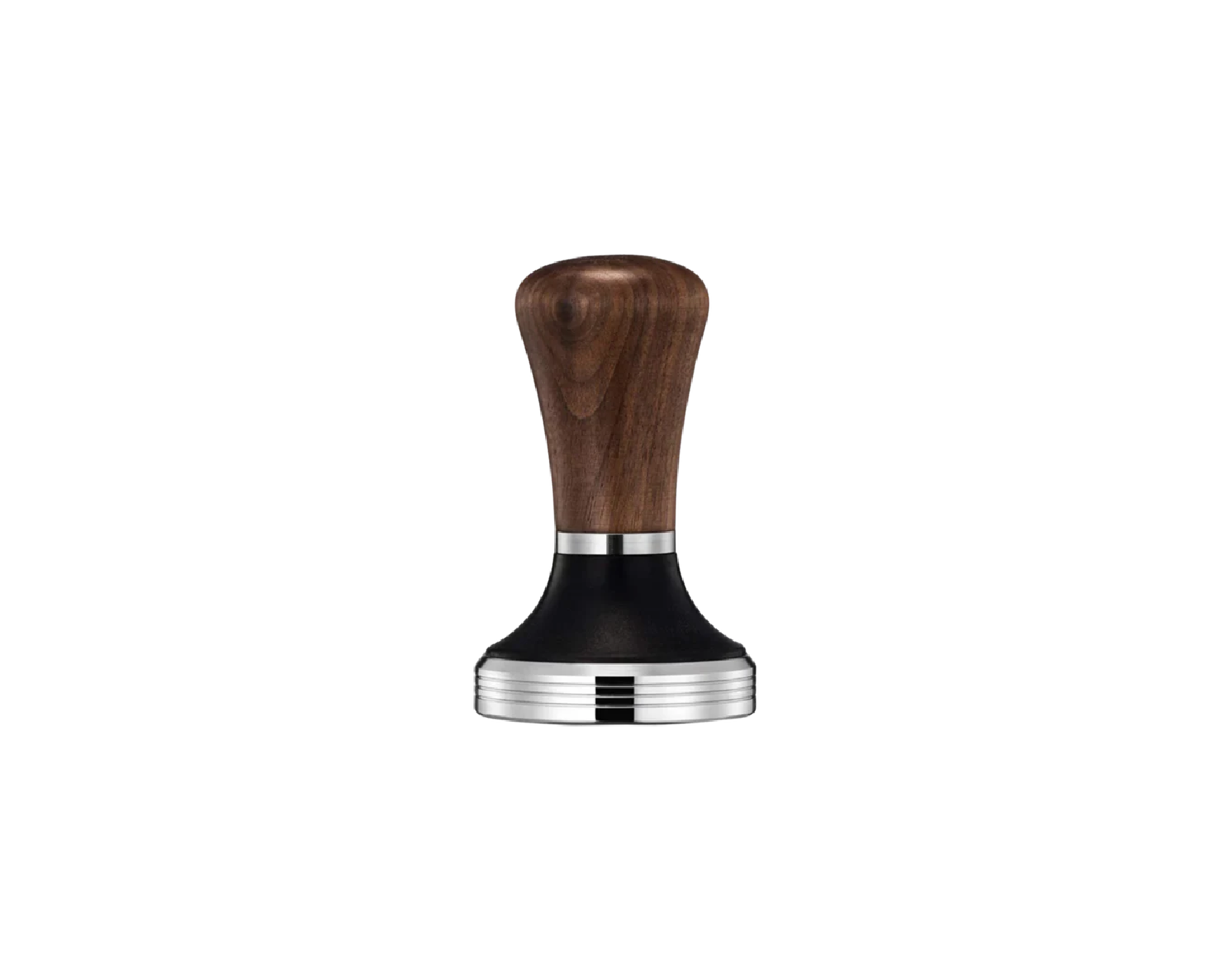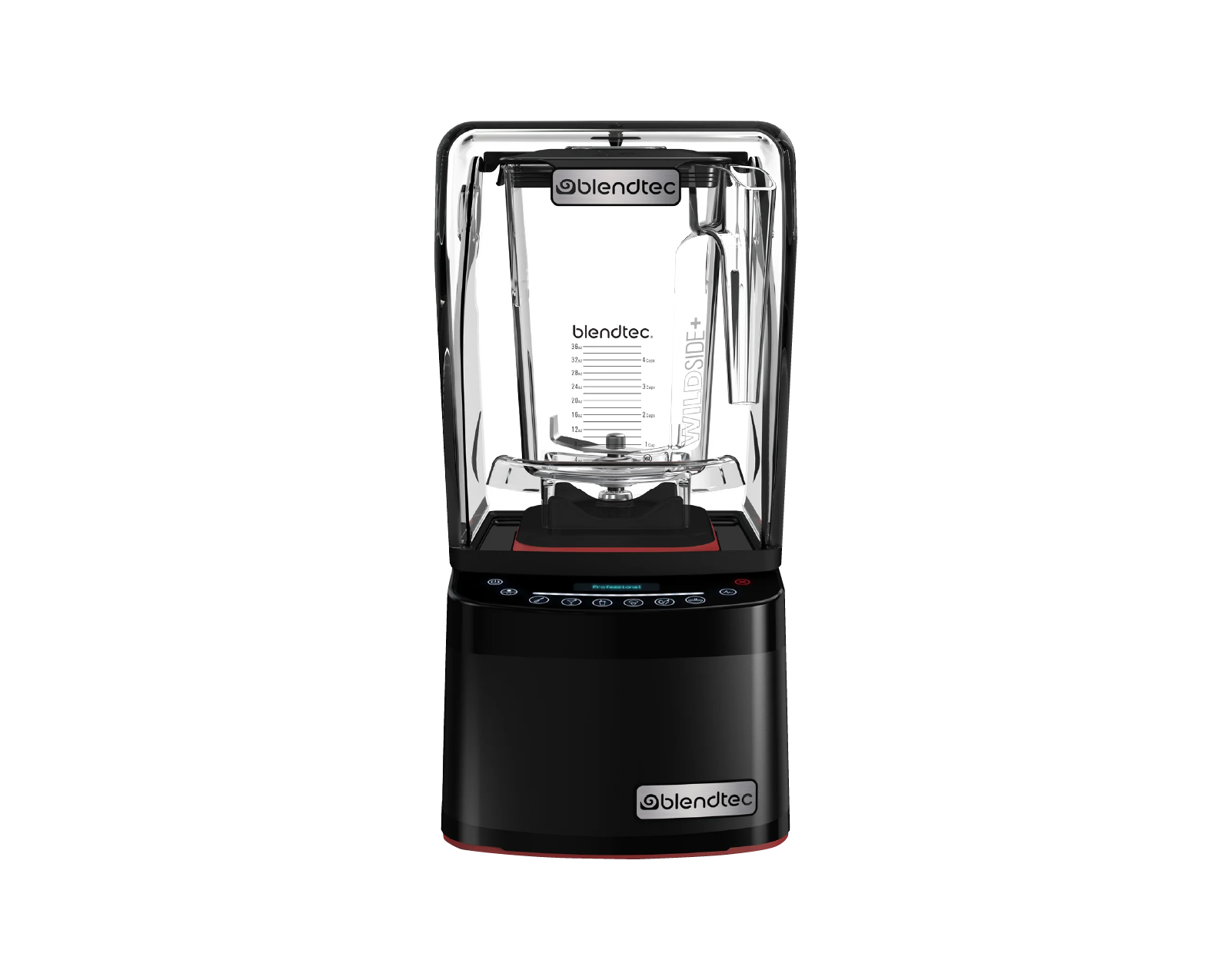Understanding Water TDS
Total Dissolved Solids (TDS) refer to the combined content of all inorganic and organic substances contained in a liquid. In the context of coffee brewing, the TDS of water is a pivotal factor that can significantly influence the taste and quality of the final cup. Water isn't just a solvent; it's a crucial ingredient that interacts with coffee grounds, affecting extraction and flavor profiles.
Why TDS Matters in Coffee Making
The TDS level in water determines how effectively it extracts the flavors and oils from coffee grounds. High TDS means more minerals and salts, which can enhance certain flavors but also lead to over-extraction, making the coffee taste bitter or too strong. Conversely, water with extremely low TDS might under-extract, leading to a flat or weak coffee.
Solutions for Optimal Water Quality
-
Reverse Osmosis (RO): This process demineralizes water by pushing it under pressure through a semi-permeable membrane. RO is excellent for reducing high TDS levels, but it can strip water of essential minerals. For coffee brewing, remineralization filters are often used in conjunction with RO systems to add back necessary minerals.
-
Cartridge Solutions: These are filtration systems that can alter the TDS of water by removing specific unwanted elements. They're simpler to install and maintain compared to RO systems and are excellent for fine-tuning water to the ideal TDS for coffee.
Home vs. Café Use
-
Home Brewing: For home coffee enthusiasts, a basic cartridge filtration system might suffice. It's cost-effective and significantly improves tap water quality. The ideal TDS level for home brewing usually ranges between 75 to 250 ppm (parts per million).
-
Café Standards: In a café setting, where consistency and quality are paramount, more sophisticated systems like reverse osmosis combined with remineralization are recommended. Cafés aim for a TDS level that aligns with specialty coffee standards, typically between 150 to 200 ppm.
Conclusion
Balancing the TDS in water is both an art and a science in the world of coffee brewing. Whether at home or in a café, understanding and controlling water quality can elevate the coffee experience. By using appropriate water treatment solutions like RO or cartridge filters, one can consistently brew coffee that is not just good, but great.



